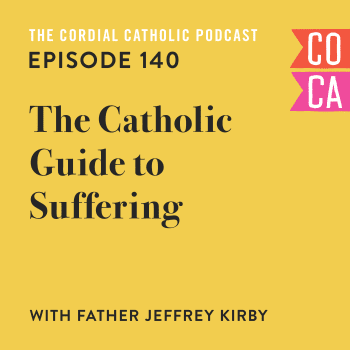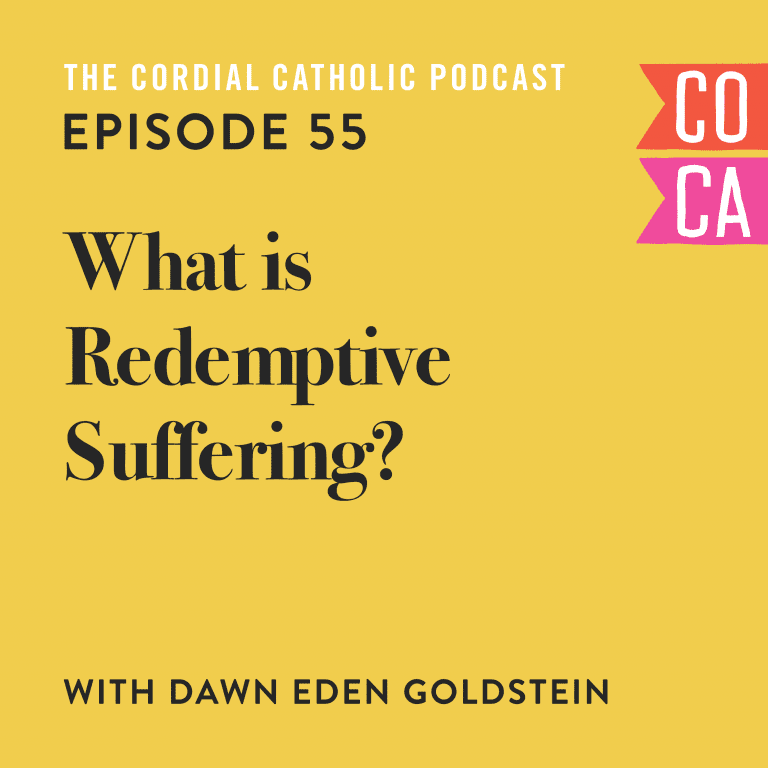
I was recently on a breakfast date with our two-year old son when I spilled coffee all down the front of my shirt.
As we navigated towards the back of the crowded coffee shop, coffee in one hand, toddler connected to the other, we encountered a particularly challenging obstacle blocking our path. A man, resplendent with laptop, tablet, phone and briefcase spread all over, and around, a four-person table cluster.
Blocking our way.
With toddler in tow I tried to get carefully circumvent the chaos. But, as I went to gently nudge a chair in, which the man had left in the middle of the narrow aisle between tables, it happened.
Splish.
Hot coffee, right down the front of my clean shirt.
Now spilling hot coffee on one’s self is a graceless act when done alone. Unfortunately, the same act is no more graceful with company—and even more vexing when your response is being closely scrutinized by a toddler who’s learning to navigate this big, wide world.
And loves to copy daddy.
So, calmly, we took our seats. And daddy got some napkins.
See I’m learning to stop being so angry, and today was great practice.
In the bigger scheme of things, anger is ultimately rooted in pride.
The chief of all evils, of this the Bible is clear.
It’s pride that’s at the root of so many wrong-headed things that we do—that I do—and I’m slowly coming to accept and understand why the whole of the Bible speaks to clearly and frequently about the wrongness of our pride.
It’s pride that makes us angry.
In our expedition to the coffee shop this morning it was pride that tilted my thinking towards getting angry with a hoarder taking up too much space. After all, it was his chair that I had to push in to get to my table—how dare he block my way! How dare he think himself so important that he can take up four whole spots and then block the way for anyone else trying to get by. He’s the reason, after all, that I spilled coffee all over myself. It was his chair, thoughtlessly left in the middle of the aisle, that I had to push in. It was him who caused this whole chain of events!
It’s an outrage.
But, see, it’s my own selfish pride that has me thinking this way at all. Because our poor unknown stranger is attacking my importance by not considering that I might need to get by. It’s my dignity under assault. It’s my worth to which he’s saying, “Nah, you don’t matter that much.”
Because he could have pulled that chair in, and he could have been a little more considerate about how much space he’s taking up.
But that’s not the point.
In my pride I’m thinking about me when I should, in my humility, be thinking about the other—about him.
Because I don’t know what his morning has been like. Maybe he’s about to miss a deadline, or has already missed it, and he’s scrambling to get his work completed as fast as he can. Maybe he left home that morning with three screaming kids and a sick wife and had no choice but to haul all of his gear to the local coffee shop to find some peace and quiet to work because, on top of all of that, the dog threw up in his office at home or the power went out and he can’t work there.
Or maybe he’s just been laid off and is, desperately, searching for a job before his next rent cheque comes due. Or maybe he’s about to be laid off and the stress is almost too much to bear.
Or maybe he’s just an inconsiderate putz or simply inattentive to his environment or the needs of others or he’s just too busy to notice—because that’s possible too.
In the end, though, it doesn’t matter to me.
Because it isn’t all about me.
Underscore that thought a few dozen times.
Instead, what is up to me, and what I can control, is how I react and the kinds of patterns I decide to establish in my life—and model for my son!
Because on this, too, the Bible is unequivocal: The flipside of pride is humility.
And that’s what we’re called to. To be humble.
Over and over again Jesus and the apostles that write after Him highlight the need for all Christians to aspire to one thing, and one thing only: to be humble.
It is, bar none, the ultimate Christian virtue.
In humility I am more teachable, more peaceable, more open to the gentle nudge of God and others. I am more attentive to the ebbs and flows of the Holy Spirit and more in tune with how God wants to use me, as a reflection of Himself, in my daily life.
Humility is the key; and the great vanquisher of pride.
But it isn’t easy.
I am learning on an encounter-by-encounter basis the importance of shedding first impressions, flipping over the inclination to feel personally insulted by things that don’t go my way, and respond in humility instead.
Respond by offering a helping hand, a kind word or, simply, to just move on and realize that as annoyed or frustrated or hurt as I feel it isn’t all about me.
And slowly, but surely, as I shed the practice of pride from my life—as I humble myself like the ancient apostles call us to—I am becoming more and more like the person I was made to be, in the divine image of God.

















